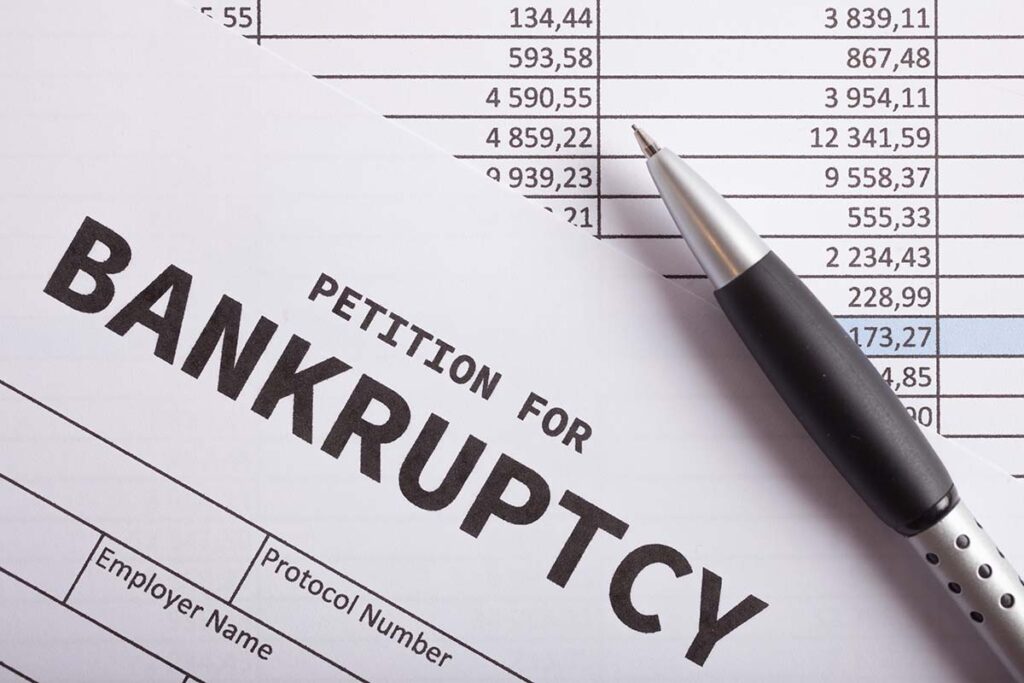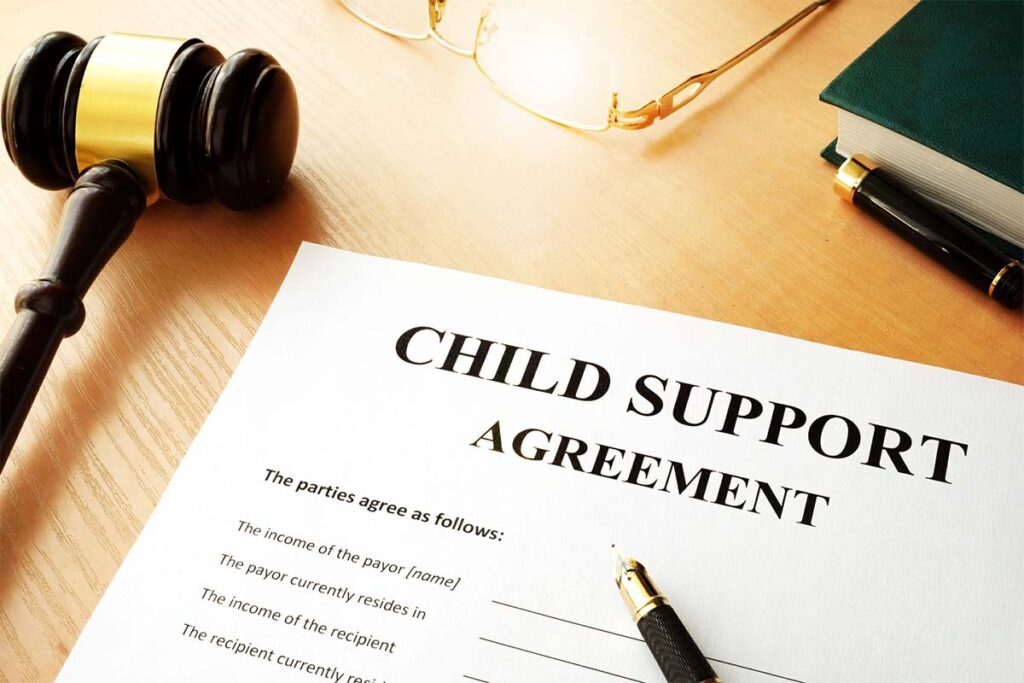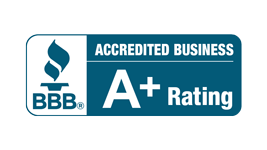Ohio is ranked #11 with the most bankruptcy filings per capita. [1]
Are you in the process of getting a divorce and filing for bankruptcy?
Should You File Divorce or Bankruptcy First in Columbus?
By filing for bankruptcy before divorce, you can potentially discharge or reduce your debt obligations, giving you a fresh start and easing the financial burden on both parties involved. Through Chapter 7 or Chapter 13 bankruptcy, you can eliminate or establish a manageable plan to repay your debts, relieving some of the financial stress associated with divorce proceedings.
Filing for bankruptcy first can also simplify the division of assets during divorce proceedings. When you file for bankruptcy, an automatic stay is imposed, meaning creditors cannot pursue collections from you. This freeze on collection actions provides a temporary reprieve, allowing you to sort out your financial affairs in a more organized manner during divorce proceedings.
Filing for divorce before bankruptcy can be advantageous in situations where dividing assets, property, and liabilities can be more streamlined. Separating marital assets and debts before filing for bankruptcy can result in a more straightforward property division process, as your divorce settlement will not be subject to bankruptcy laws and regulations.
Both divorce and bankruptcy can negatively affect your credit, but the order in which you file may influence the duration of these effects. Filing for bankruptcy first allows you to begin the process of rebuilding your credit sooner after the divorce is finalized.
What Type of Bankruptcy is Best When Getting a Divorce?
Chapter 7 bankruptcy, also known as “liquidation bankruptcy,” involves selling a debtor’s non-exempt assets to repay creditors. This type of bankruptcy is typically quicker, lasting around three to six months.
In a divorce scenario, Chapter 7 bankruptcy can be beneficial for couples with substantial unsecured debts, such as credit cards or medical bills. It allows individuals to discharge these debts entirely, providing a fresh financial start. Chapter 7 can eliminate the responsibility to pay joint debts, alleviating potential disagreements over who should be responsible for which debts after the divorce.
Chapter 13 bankruptcy, or “reorganization bankruptcy,” involves creating a repayment plan over a 3-5 year period. This type of bankruptcy is ideal for individuals who have a consistent income but are struggling to meet their financial obligations.
In a divorce, Chapter 13 bankruptcy can be advantageous if there are joint debts that both partners wish to be responsible for or if one spouse wants to protect certain assets from liquidation. This bankruptcy option allows individuals to catch up on missed mortgage or car payments, stop foreclosure or repossession proceedings, and restructure their debts in a more manageable way.

Division of Property and Debts During a Divorce and Bankruptcy
When an individual declares bankruptcy, an automatic stay is imposed on any ongoing lawsuits, including divorce proceedings. This stay temporarily halts the division of assets and debts until the bankruptcy case is resolved. It prevents creditors from trying to collect debts and gives the debtor a chance to reorganize their finances. This means that during divorce, the division of property is put on hold until the bankruptcy case is finalized.
Individual debts are liabilities incurred by one spouse before the marriage, such as student loans, credit card debts, or personal loans. On the other hand, marital debts are debts accumulated during the marriage, including mortgage loans, car loans, or joint credit cards. During divorce proceedings, individual debts usually remain the responsibility of the spouse who incurred them, while marital debts are divided between both parties.
When bankruptcy is involved, all debts are included in the bankruptcy case, regardless of whether they are individual or marital. This means that even if a debt is initially assigned to one spouse during the divorce, it may be discharged through bankruptcy, leaving both parties ultimately responsible.
Bankruptcy and Child Support After a Divorce
When couples separate or divorce, child support is determined based on the noncustodial parent’s ability to pay and the child’s needs. The court considers various factors such as income, assets, and the standard of living the child was accustomed to during the marriage. These factors help establish a fair and reasonable amount for child support.
In the event of one parent filing for bankruptcy, the child support owed is still legally binding and must be paid. Bankruptcy may impact the paying parent’s finances, making it more challenging to fulfill their support obligations. Bankruptcy does not automatically relieve the noncustodial parent of their child support responsibilities.
In the United States, child support obligations are typically enforceable by the state’s child support enforcement agency, even if the paying parent has declared bankruptcy. The agency has various methods to ensure compliance, including wage garnishment, seizing tax refunds, and suspension of professional licenses. These enforcement measures help to ensure that the child’s financial needs are still met despite the financial hardships faced by the paying parent. [2]

By working with the Richard West Law office, your rights and interests will be protected throughout the divorce and bankruptcy proceedings. Contact the Richard West bankruptcy lawyers today to schedule a consultation.
FAQs
Yes, it is possible for both spouses to file for bankruptcy jointly during divorce proceedings. Joint bankruptcy filings can help simplify the process, as it combines their debts and assets into a single case. By filing jointly, the couple can often save on filing fees and attorney costs. Consider the potential drawbacks and consult with legal professionals. Joint bankruptcy can affect the division of property and may impact each spouse’s financial situation differently. Thoroughly assess the potential consequences and discuss the decision with both a bankruptcy attorney and a divorce attorney to determine the best course of action based on the specific circumstances of the case.
If you have joint debts that were assigned to your ex-spouse in the divorce decree, they may be discharged through bankruptcy, relieving your ex-spouse of their responsibility to repay those debts. It’s important to note that if you are also a co-debtor on those debts, you may still be held liable for repayment even if your ex-spouse’s obligations are discharged. If there are outstanding obligations related to child support or alimony, bankruptcy generally does not discharge these debts, and you should continue to receive the payments as ordered by the court.
The length of the bankruptcy process can vary depending on numerous factors, such as the type of bankruptcy filing and the complexity of the case. Chapter 7 bankruptcies typically take about three to six months, while Chapter 13 bankruptcies can take three to five years to complete. Filing for bankruptcy can significantly impact the timeline for finalizing a divorce. Both processes involve legal proceedings that require the court’s involvement and can create additional complexities. Bankruptcy proceedings may temporarily halt the divorce process until the bankruptcy case is resolved, as the bankruptcy court has the power to take other legal actions.
Sources:
[1] Armstrong, C. (2021, March 11). Who Files Bankruptcy? The Balance. https://www.thebalancemoney.com/who-files-bankruptcy-316194
[2] Support Enforcement. (n.d.). https://jfs.ohio.gov/child-support/child-support-overview/child-support-services/support-enforcement




